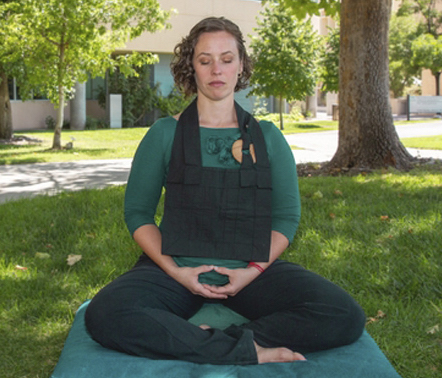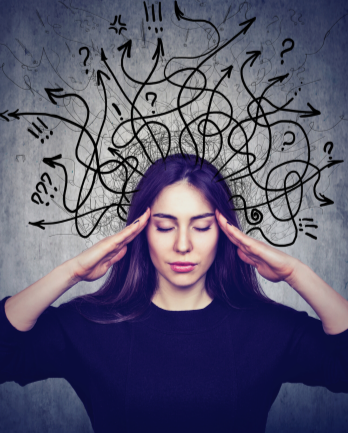How you manage your daily stress during COVID can impact your emotional and physical health in the long term. There are many stress management tools available. Not every tool works for every person, and no tool works all the time.
Identify tools that may help you at different times. If something works for a time then doesn’t work as well, try something new. As always, if you are in crisis, reach out for help (find resources below).

Addressing Burnout During the COVID Pandemic [PDF] - A Zoom-based training program for healthcare leaders from Vanderbilt University Medical Center, Dec. 16-18, 2020. CME credits available. Register today!
Special Resources for All Front Line Providers During COVID-19 [PDF]

Employee Well-Being & Nursing Excellence offer a variety of self-care activities to help cope with the stress of COVID-19, including breathing sessions, coloring stations, yoga mats, tranquil music, massage, snacks and 1:1 Well-Being Sessions. No appointment needed.
Location: UNMH, Barbara & Bill Richardson Pavillion, Rm. 3000
Weekdays 11 a.m. – 2 p.m.
Always feel free to reach out to the UNM Office of Professional Wellbeing or UNMH Employee Well-being from the intranet or your VPN access – we are happy to work on connecting you with the right professionals – or meet with you 1:1. Please also see mentalhealth.unm.edu.
For HSC Students, Residents and Fellows Only:
Rebecca Ezechukwu, PhD, UNM Psychologist
505-274-8919 or Rezechukwu@salud.unm.edu
Raven Cuellar, Ph.D., UNM Psychologist
505-239-9880 or ravencuellar@salud.unm.edu
For SOM Medical Students, Residents and Fellows Only:
Jeff Dunn, MD is a psychiatrist who has 0.45 FTE to see SOM residents and fellows only. He can be contacted for therapy and/or medication management. He can be reached at JeDunn@salud.unm.edu and usually responds within 24 hours.
For UNMH Clinical Staff and Employees, all SOM Residents and Fellows:
Outcomes EAP provides 1:1 counseling, couples counseling, education and conflict resolution. Please call 505-243-2551.
For all UNMH Clinical Staff and Employees:
Steve Nuanez, LCSW, Director of UNMH Employee Well-being, is available to meet with individuals. Access UNMH Employee Well-being from the intranet or your VPN access.
For all HSC Faculty and Staff, Including Residents and UNMG Employees:
Counseling and Referral Services (CARS) is UNM’s main Employee Assistance program. They provide individual and couples counseling, seminars and workshops. Call 505-272-6868.
For Everyone Who Works at the UNM HSC, UNMH, SRMC and UNMMG: